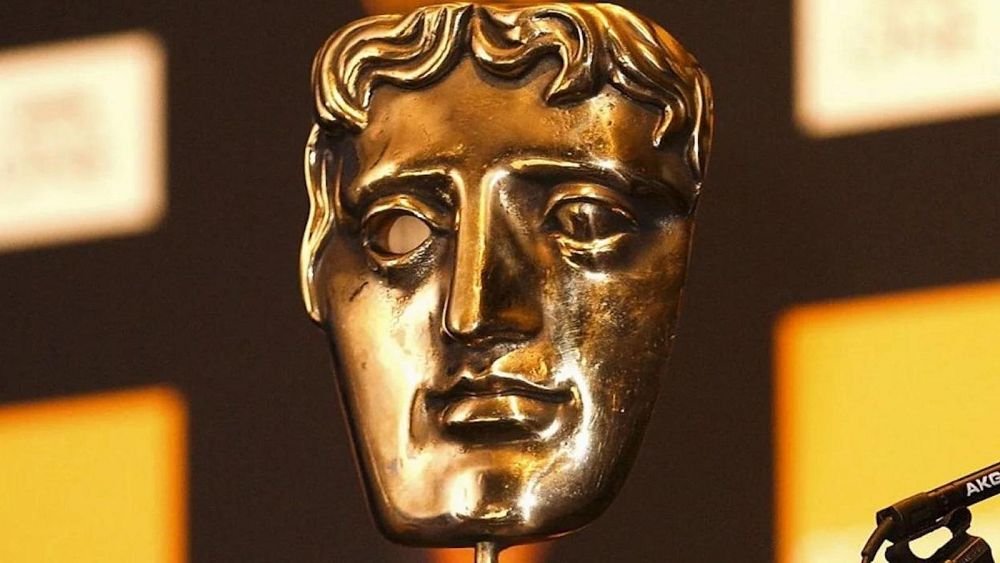
Some new changes for the upcoming 2024 film awards feel like progress but reveal a doomed approach to instigating meaningful change.
The entries for outstanding British film and outstanding debut categories will be required to have had bullying and harassment, as well as sustainability policies in place.
The move builds on guidelines first drawn up by various other industry bodies in 2018 in the wake of MeToo, and will see producers required to show that there has been a clear process for people to report any incidents.
“For us, this sends out a clear message to the industry that employees have a responsibility to provide safe work environments,” Emma Baehr, BAFTA’s director of awards and content, told The Hollywood Reporter.
So far, so immensely sensible.
Then come the changes to the director category, which has been tweaked by BAFTA to include directors who identify as non-binary.
According to BAFTA:
“BAFTA’s 2020 Review included a positive intervention for female directors submitting into the BAFTA Film Awards Director category, allowing for a 50:50 gender split for male and female directors in the longlisting stage (16 in total). This has had a very positive effect on the number of female directors nominated and winning in this category compared with the years prior to the Review. This intervention is now being evolved to include directors who identify as non-binary. For 2024, the top female, male and directors who identify as non-binary will be longlisted to a maximum of 17, with gender parity between male and female directors upheld. In the nominating round, the number of nominated directors will remain at six.”
Essentially, instead of going gender neutral like many festivals and awards shows, the long lists will be divided between male, female and non-binary. The final six nominees will be pulled from these three categories.
A step in the right direction or ignoring the real problem?
While this may seem like progress and meaningful cultural change, these tweaks raise questions as to whether awards are running the risk of no longer being about artistic achievement but about social activism.
Representation is paramount but the major misunderstanding at the core of pressuring award ceremonies to have quotas and non-gendered categories is that awards are the last stage, and the issue goes deeper than statuettes.
The film industry is an uneven playing field, rife with institutional sexism and biases, and while awards ceremonies are an important part of the process in their own right, they are only the glossy final step. Equitable opportunities need to start earlier in the filmmaking process.
If non-binary quotas, like gender-neutral awards, can further discussion and lead to meaningful change – meaning more diverse studios, funding institutions and voting bodies – then they are to be championed. However, without these meaningful changes happening from the ground up within the industry, BAFTA’s changes may feel like late-stage lip-service, leading to award ceremonies becoming well-intentioned but virtue-signalling exercises that don’t award achievement in art and instead prioritise gender identity above all else. And what happens if a non-binary director doesn’t make the final six shortlist for the BAFTAs?
Are we losing sight of artistic merit and trying to fix deeply-rooted problems from the top down instead of bottom up? It does feel like it, as the real obstacles facing underrepresented minorities in the industry are located elsewhere, far from shiny accolades.